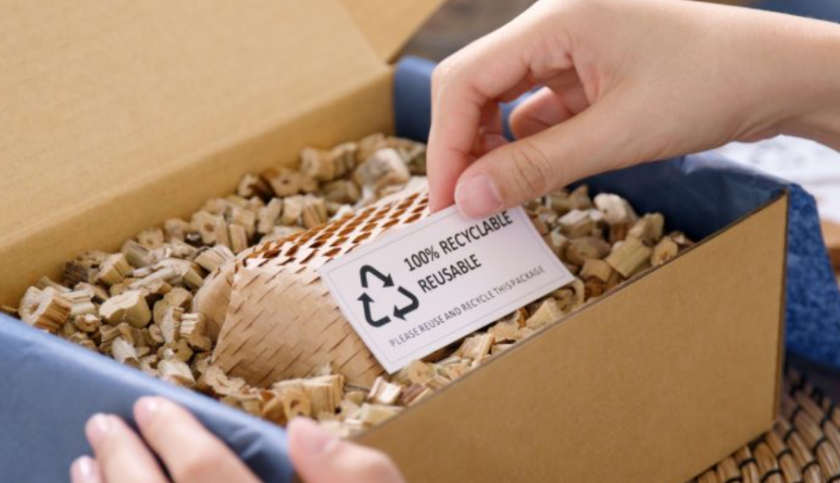
Thanks to Kraft Foods (and a cinematic reminder from Bill Murray in “Ghostbusters II”), consumers know there’s always room for Jell-O. If Evoware can continue to promote its environmental and nutritional benefits, end-users might soon be sparing space for seaweed, too. Looking to lessen the amount of plastic waste that contaminates its country, particularly marine life, the Indonesian entity is marketing the algae example as a biodegradable and edible packaging replacement option.
Company co-founder David Christian, a resident of the island nation’s Jakarta capital, noted that an increase in refuse in the city compelled him to seek a way to deter the country’s qualms, and, given that the republic produces 10 million tons of seaweed annually, he and his peers came to feel the plant could somehow supplant plastic and other holders as a trusted container. Offering that the alternative encasement has high amounts of fiber, vitamins and minerals, Evoware wants to tempt taste buds through such food-affiliated goods as ice cream cups, burger wrappers and dissolvable sachets for coffee and seasonings and other items like sanitary napkins (the things that people ponder!), soaps and toothpicks.
Since Indonesia ranks behind only China as a global producer of plastic marine pollution, the innovative approach to curbing such an albatross could definitely prove a financial boon to not only the land and its people but also other countries bent on limiting packaging excess and marketing responsibly. Over the last week, many sources have given attention to a lobster found with a claw-situated imprint of Pepsi’s logo, an incident that reinforces a related concern that oceans will contain more plastics than fish by 2050.
Many businesses, start-ups, experts and even students have looked to be forthright advocates for more environmentally-mindful means to deliver coveted products to consumers, and, owing to Indonesia’s aforementioned slog against sludge and the worldwide quest to preserve natural resources, Evoware could very well be positioning itself to join the most successful campaigns against packaging apathy. Sources have commented that the reliance on seaweed over plastic leads to higher sale prices, but since Indonesia is hoping to push its yearly seaweed production to 10 million tons by 2020, perhaps the increase could cause costs to be a bit more agreeable. That way, consumers, while preserving the planet, could also save a few dollars or whatever currency their homelands issue.


